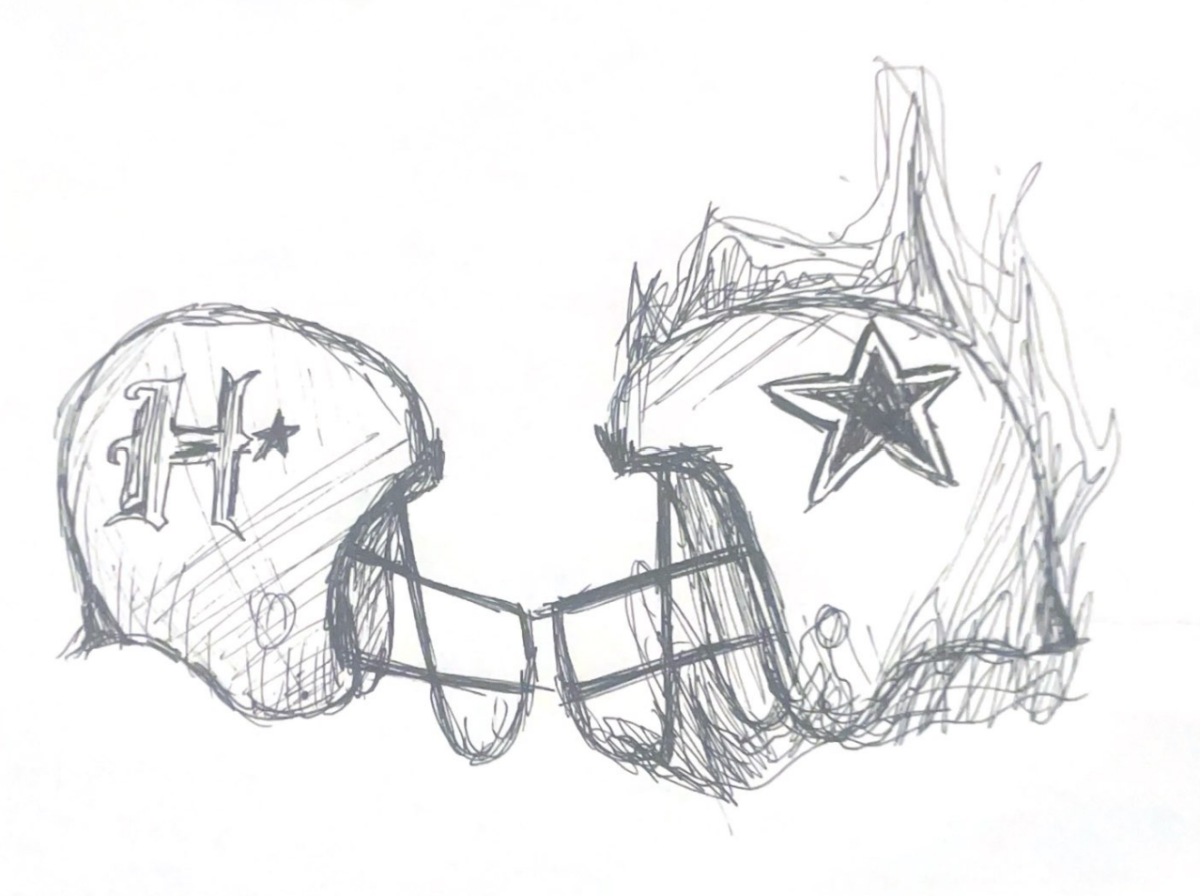If you are reading this, you have undoubtedly heard the rumors swirling. It is the bane of many a university student’s existence, the unfortunate byproduct of an exciting, sometimes overwhelming lifestyle. I am, of course, referring to the loathsome Freshman 15. You may be under the impression that this infamous malady is an exaggerated myth, propagated by a contemptible coalition of parents, faculty members and politicians from around the country attempting to intimidate freshmen into maintaining healthy habits. While there may be a grain of truth to this convoluted theory, let me assure you that the Freshman 15 is indeed a legitimate issue.
Do not be alarmed. The name of the cultural phenomenon is somewhat misleading. An Ohio State University study suggests the average first year does gain weight, but estimated that they usually pack on 3-5 lbs., not 15. On a larger scale, however, the name is more sensible. Over the course of a male’s college education, he will likely gain 11-13 lbs. A female may expect to graduate 7-9 lbs. heavier. Certainly a portion of this weight gain is natural. But do not make the commonplace mistake of assuming your high school vitality is eternal. This mindset’s consequences can be real and disconcerting.
Many first years are sucked in by the wonderful world of independence, and consistent exercise becomes collateral damage in their efforts to build social credibility while simultaneously sustaining a passable GPA. Obviously, developing friendships and a quality school work ethic are both monumentally important endeavors. But you should not permit your body’s well-being to deteriorate in your quest to dominate the Trinity landscape. The people who struggle most with unwelcomed weight gain are often people who played a sport in high school, thereby engaging in what most college students would describe as frequent, high-level exercise. Maybe you did not play a sport or exercise much in high school, instead relying on that ridiculous metabolism of yours. Maybe you are confident that same metabolism will perpetuate your slim figure as you enter a brave new world. Good luck.
Now, for many there is not enough time to exercise at the consistent rate high school offered, while leading the average life of a college student. By no means should this dissuade you from preemptively determining a plan of attack to combat potential weight gain.
There are several economical ways to stave off the Freshman 15. Firstly, start early. A typical freshman mistake is waiting until after the effects of their newfound autonomy have begun to show, to begin to exercise. A wise man, perhaps Confucius, once said it is much easier to maintain weight than to lose it. Bearing this in mind, you should build exercise time into your schedule from the school year’s inception. Whether this means hitting the stationary bike a few times a week, afternoon jogging in the sweltering San Antonio sun every other day or pumping iron after class, cultivating a routine from Day 1 will greatly help your cause.
For more sport-minded people, a great way to stay active is through the intramurals, club and pick-up scene. While the scene can leave something desired for the more competitive among you, it remains a valuable tool, providing ample opportunities to meet like-minded classmates. Emails detailing intramural seasons will be disseminated throughout the year, club teams searching for members set up shop at New Student Orientation events, while the pick-up scene presents a less structured, but equally useful, chance to stay in shape. Popular intramural sports are soccer, flag football and basketball, while available club sports for guys and girls include volleyball, tennis, ultimate and lacrosse. Pick-up basketball is relatively common, plus there are racquetball courts and an intramural field at your disposal during Trinity-licensed hours. Basically, you have no excuse not to investigate these extensive options, especially due to it being a heart healthy place to cast your social net.
Finally, a platitudinous piece of advice. Eat as well as you can manage. Evade the Mabee temptations, such as constant soda guzzling, cookies and ice cream every evening, and french fries with every lunch. You cannot control Mabee’s meal of the day, but for the sake of your long-term health, control how you supplement each meal.







